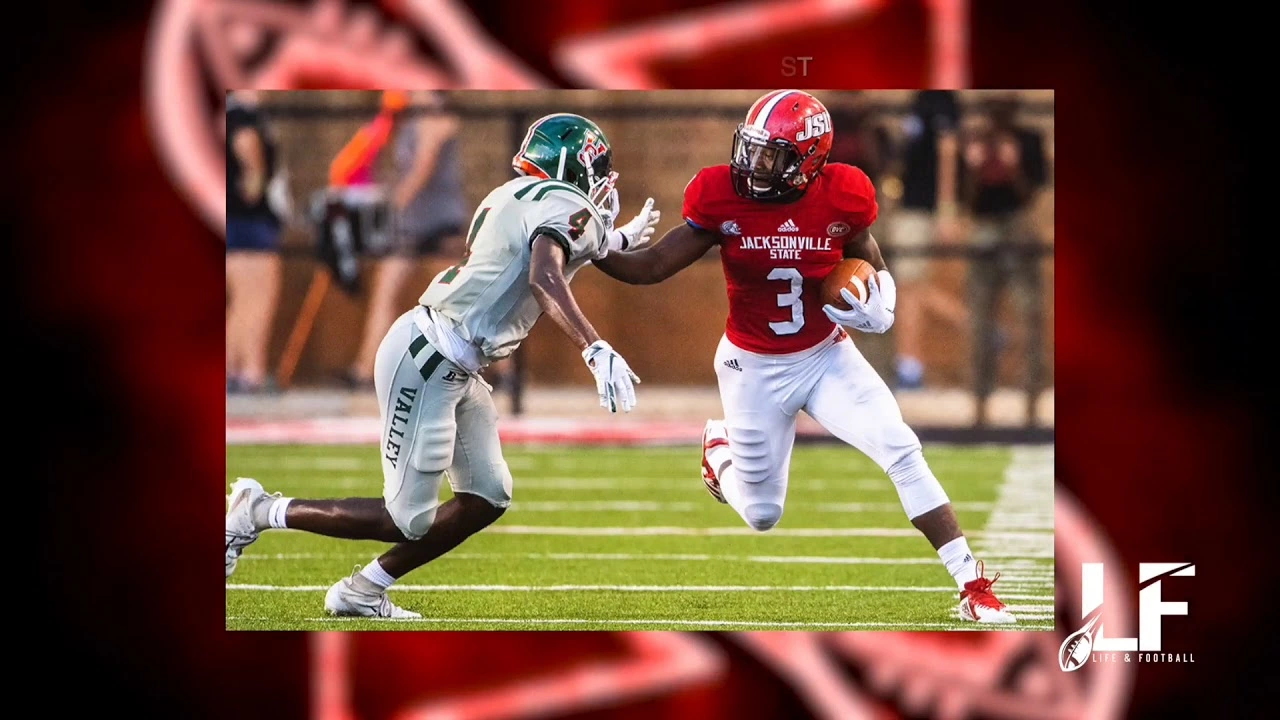Introduction to the NCAA and FCS
In the world of college sports, there are many acronyms and terms that may seem confusing at first glance. One such acronym that often comes up in discussions about college athletics is FCS. But what does FCS stand for, and why is it important in college sports? In this article, we will explore the meaning of FCS, its history, and its role in the broader landscape of college athletics.
Breaking Down the Acronym: FCS Meaning
FCS stands for Football Championship Subdivision. This designation is used to identify a specific group of college football programs within the larger National Collegiate Athletic Association (NCAA) framework. The NCAA is divided into three divisions, with Division I being the highest level of competition. Within Division I, there are two subdivisions: the Football Bowl Subdivision (FBS) and the Football Championship Subdivision (FCS).
While the FBS is home to the more well-known and high-profile college football programs, the FCS represents a slightly lower level of competition. That being said, FCS teams still compete at a very high level and are home to many talented athletes who go on to play professionally.
History of the FCS: Origins and Evolution
The FCS was created in 1978 when the NCAA decided to split Division I football into two subdivisions. This decision was made in order to address the growing disparity in resources and competitive balance between the top-tier football programs and the smaller, less-funded schools. The FCS was originally known as Division I-AA, while the FBS was known as Division I-A.
Over time, the FCS has evolved and grown in popularity, with more schools joining its ranks and competing at a high level. In 2006, the NCAA rebranded the two subdivisions, changing their names to the Football Bowl Subdivision and the Football Championship Subdivision, in order to better reflect the differences in their postseason formats.
The FCS Postseason: Road to the Championship
One of the key differences between the FBS and FCS lies in their respective postseason formats. While the FBS has a complex bowl system and a four-team playoff to determine its national champion, the FCS uses a more traditional playoff system to crown its champion. The FCS playoff consists of 24 teams, with the top eight seeds receiving a first-round bye.
The FCS playoff field is determined by a combination of automatic bids, awarded to conference champions, and at-large bids, granted to deserving teams who did not win their conference. The playoff games are played at the home stadiums of the higher-seeded teams, with the championship game being held at a neutral site. The FCS championship game is an exciting and highly-anticipated event, showcasing the best of FCS football and determining the national champion.
FCS vs. FBS: Comparing the Subdivisions
While both the FCS and FBS are part of the larger NCAA Division I framework, there are some key differences between the two subdivisions. As mentioned earlier, the most significant difference lies in their postseason formats, with the FBS using a bowl system and the FCS using a playoff system.
Another key difference between the FCS and FBS is the number of scholarships each subdivision is allowed to offer. FBS programs can offer up to 85 full scholarships, while FCS programs are limited to 63. This difference in scholarship numbers can have a significant impact on the depth and overall talent level of a team, making FBS programs generally more competitive than their FCS counterparts.
Finally, the level of fan support and media coverage also tends to be greater for FBS programs, due in part to their higher-profile status and larger fan bases. While FCS teams may not receive the same level of attention as FBS teams, they still enjoy dedicated fan support and can provide an exciting, high-quality football experience.
Notable FCS Alumni: Stars on and off the Field
Although the FCS may not receive the same level of recognition as the FBS, it has produced numerous successful and talented athletes who have gone on to have impressive professional careers. Some notable FCS alumni include former NFL MVP and Super Bowl champion quarterback Steve McNair (Alcorn State), Hall of Fame wide receiver Jerry Rice (Mississippi Valley State), and All-Pro running back Brian Westbrook (Villanova).
In addition to these on-field successes, many FCS alumni have also made significant contributions off the field, working in coaching, broadcasting, and other roles within the world of sports. The FCS has proven time and time again that it is a breeding ground for talented athletes and sports professionals.
Conclusion: The Importance of the FCS in College Sports
In conclusion, the FCS plays a vital role in the landscape of college sports, providing opportunities for thousands of student-athletes to compete at a high level and showcasing some of the best football talent in the country. While the FCS may not have the same level of prestige as the FBS, it is an important and valuable part of the NCAA Division I framework, contributing to the rich tapestry of college athletics.

